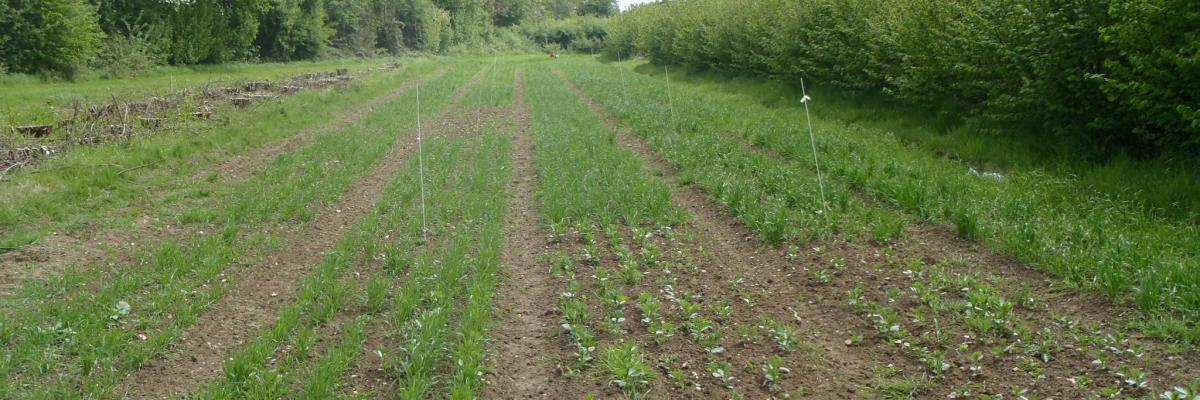

Guide to Farmers’ Crop Trials
Download the PDF
Resource explained:
This guide by ADAS Agronōmics has been published to help anyone wishing to undertake their own successful field-scale farm trials. It describes all the key processes involved in running a successful trial and how to avoid the pitfalls; from study design, to application of treatments, to analysis of results. ADAS believes in supporting farmers to use their own field trials to help facilitate fast learning, new findings and best practice for themselves and the industry. Farm trialling using GPS and other modern technologies together with thorough trial protocols can be straight forward and routine. Any decisions or innovations resulting from such trials can be thoroughly validated and tailored to real farming conditions.
Findings & recommendations:
- The benefits of farm trials include validating your own decisions and ideas through simple trials with high precision, networking with other farmers to promote fast learning about new findings and best practice, and obtaining results relevant to your own farm conditions.
- The costs of farm trials include the considerable time and effort needed to conduct a good trial, the risk of drawing false conclusions, as well as many possible pitfalls along the way which need to be avoided.
-
Topics in this guide describing the process of running a farm trial include:
- Posing a useful question that will give a useful answer, checking that the question has not been asked before
- Designing the trial and choosing the field and area
- Laying out the treatment plots
- Applying and recording the treatments, including GPS for yield-mapping trials
- Crop monitoring and taking explanatory measurements
- Harvesting yield-mapping and weighbridge trials
- Analysing results and assessing treatment effects
- Drawing conclusions and, importantly, avoiding drawing false conclusions
Summary provided by:
Caroline Liddell
